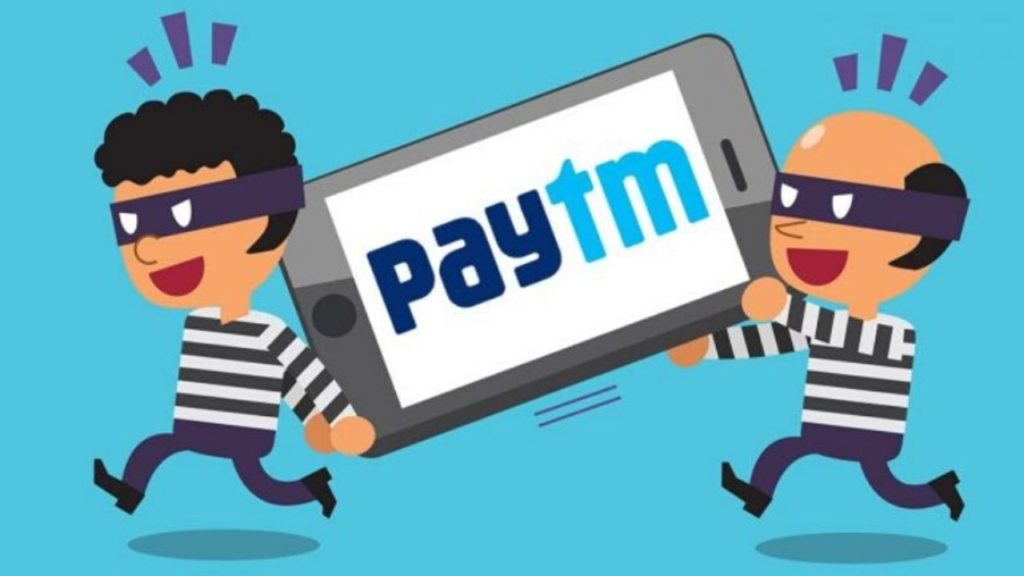Online KYC Scam: This Is How Bengaluru Doctor Was Robbed Of Rs 50,000 By Fraudsters Asking To ‘Update’ Paytm KYC

Time and again, Paytm has published information on its app and website, asking Paytm users to not fall for any calls or text messages asking for KYC updation. This piece of article is a warning to you too, if you are among the ones using the Paytm app.
Bengaluru Doctor Duped of Rs 50,000
On March 11, a senior doctor from Bengaluru received an SMS on his mobile phone reading, ‘BZ-ALERTZ: Dear customer Your PATYM KCY has been expire today please call customer care no 8389888499 immediately your PATYM account blocked 24 hrs thanks you’.
This message was sent on his Paytm registered number. Falling prey to the grammatically incorrect message, the doctor contacted the number and was attended by a ‘Rakesh Agarwal’ from Paytm consumer care centre.
He was asked to update his online KYC and was initially asked to open the app and add Rs 10. While he was adding the money using his debit card, the culprit with the help of AnyDesk sent an SMS link to the doctor’s phone from another cellphone number asking him to click on it.
As soon as the doctor clicked on the link, the fraudster gained remote access to his cellphone and asked him to add money to Paytm on the pretext of checking if the KYC had been updated. Instantly, Rs 4,891 disappeared from his account linked with the Paytm wallet, followed by Rs 50,000 in the next 3 minutes.
What Does the Cyber Dept Have to Say?
Cyber criminals have been using remote access applications, in this case AnyDesk to siphon off large sums of money from Bengalureans. They generally fraudulently invoke a payment wallet’s KYC updation procedure.
According to police sources, several Bengalureans, especially senior citizens have fallen into this trap in March itself. They’ve lost thousands of rupees, if not lakhs from their digital wallets. On Friday alone, 3 victims approached the Bengaluru City Police, reporting of their stolen money.
The stolen money was found to have landed in some bank accounts in Noida and consequently withdrawn from ATMs. The phone number provided in the message turned out to be fake and is registered in West Bengal.
Paytm’s KYC Fraud
A number of similar incidents have been reported in the past as well, all of them mostly revolving around the KYC Update mostly.
Genuine Paytm text messages are usually sent from ‘VK-PAYTM’, rather than an ordinary contact number. Paytm users should know that all updates pertaining to Paytm can be made through its app itself.
However, if you are still in doubt about the message, you can always reach out to the Paytm customer care using the Paytm app on your phone.
Also, the KYC process for Paytm can be completed by visiting a nearby agent at an authorized KYC point or the agent will visit at your home. Users should note that Paytm will never call you and ask you to install any app or ask you your banking details on call.

Comments are closed, but trackbacks and pingbacks are open.